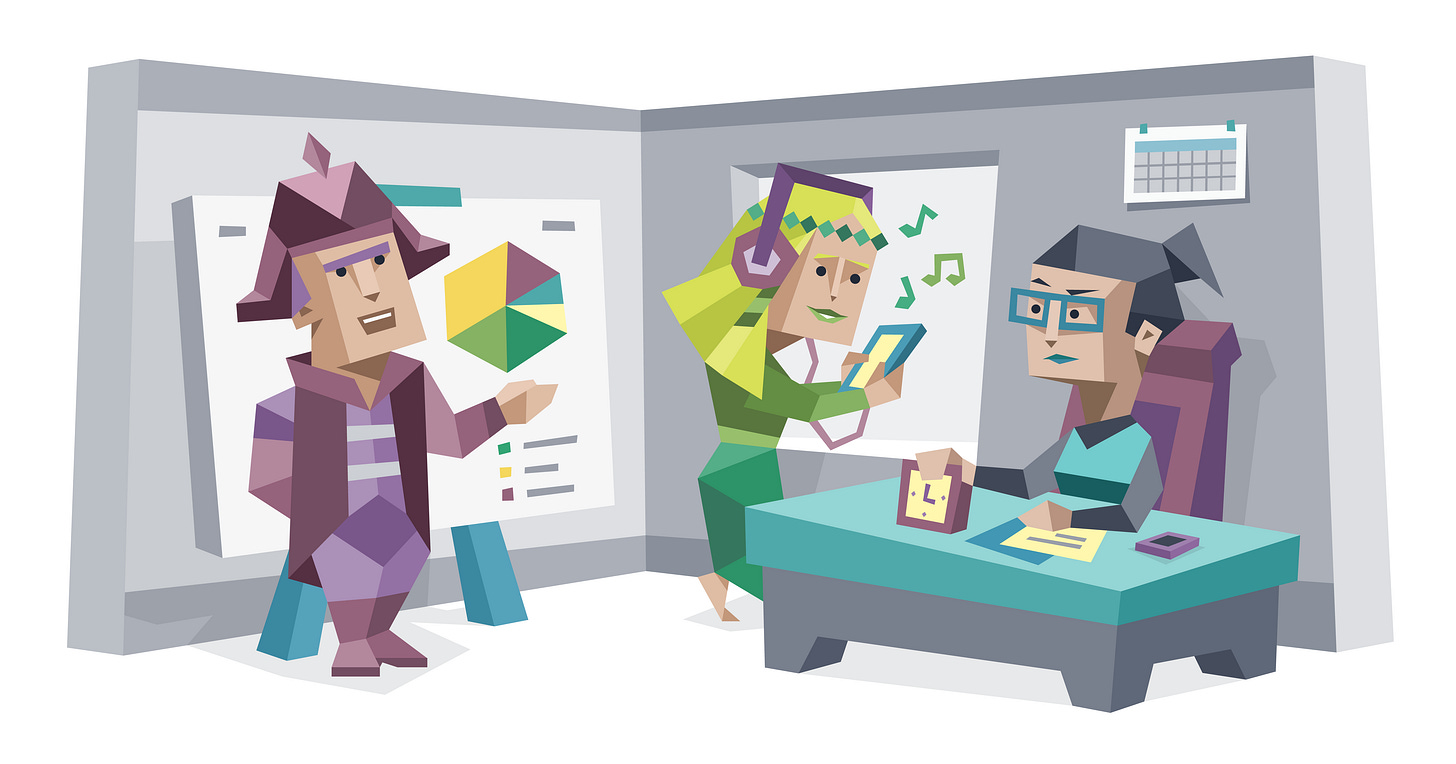Think about the best leader you’ve ever worked with. What made them so effective?
Maybe they were an excellent strategic thinker, an innovative decision-maker, or highly capable at getting things done. But chances are it went deeper than that.
They probably had an uncanny ability to understand and regulate their own emotions while also expertly reading and responding to the emotions of others. This rare skill allowed them to navigate complex interpersonal dynamics, build deep trust, communicate with empathy, and inspire you and your team members to reach your full potential.
This ability hinges on one skill: emotional intelligence (a.k.a. “EI” for short).
When TalentSmart compared EI with 33 other crucial workplace skills, they discovered that EI is the most powerful predictor of job performance, accounting for 58% of success across various roles.
The takeaway? How you behave as a leader is more important than what you know. And your level of EI plays a significant role in how you conduct yourself.
Today, we’re going to explore what EI is (and isn’t), why you need it as a leader, and how to develop it. (Hint: It’s not something you can learn from a textbook or master through sheer force of will.)
What Is Emotional Intelligence?
At its core, EI is the ability to recognize, understand, and manage one’s own emotions, as well as the emotions of others. According to psychologist Daniel Goleman, who popularized the concept in his book Emotional Intelligence, there are five key components of EI:
Self-awareness: The ability to recognize one’s own emotions and how they impact others.
Self-regulation: The ability to control or redirect disruptive emotions and impulses.
Motivation: The drive to achieve goals and strive for improvement.
Empathy: The ability to understand and share the feelings of another.
Social skills: The ability to build and maintain positive relationships, communicate effectively, and manage conflict.
By practicing these skills, you are quite literally changing the neural pathways in your brain. For example, regularly practicing empathy activates your brain’s mirror neuron system, which helps you understand and share the feelings of others. Over time, this can lead to increased emotional attunement and better interpersonal relationships.
Similarly, practicing self-regulation engages the brain’s prefrontal cortex, which is responsible for executive functions like decision-making and impulse control. As you flex this mental muscle, you may find it easier to stay calm under pressure and make more thoughtful, less reactive choices.
What Emotional Intelligence Isn’t
Despite the growing awareness of EI in the workplace, many misconceptions still persist.
Misconception: EI is a fixed trait, something you’re either born with or not. Also, it’s only relevant for certain personality types or those in “people-focused” roles.
EI is a learnable skill that can benefit all leaders, regardless of your natural tendencies or job title. Just like any other skill, EI can be developed and strengthened through consistent practice and self-reflection.
Misconception: EI is about being “soft” or “nice” all the time.
While empathy and compassion are certainly important components of EI, it’s not about avoiding difficult conversations or decisions. Instead, emotionally intelligent leaders are able to navigate challenging situations with tact, diplomacy, and a deep understanding of the emotions at play. They can deliver feedback constructively, set clear boundaries, and make tough calls when needed, all while maintaining positive relationships and team morale.
Misconception: EI means being “more emotional.”
A truly emotionally intelligent person knows how to read the room and hold back when other people aren’t receptive to emotional displays. EI is about recognizing and respecting others’ boundaries and perspectives.
High EI Teams Outperform Low EI Teams
A meta-analysis found that EI is positively related to job satisfaction and job performance and negatively related to job stress. In Project Aristotle, Google discovered that their most effective teams were the ones whose members felt psychologically safe to take risks and be vulnerable – a key indicator of high team EI.
Why does high EI drive higher team performance?
Because in emotionally intelligent teams, members feel heard, understood, and supported, leading to increased risk-taking, idea-sharing, and effective collaboration. Emotionally intelligent leaders are also better equipped to identify and address underlying team challenges, such as lack of trust, communication breakdowns, or low morale. Conflicts are resolved constructively, with a focus on finding win-win solutions rather than placing blame or avoiding difficult conversations.
We hope you now see how honing these skills goes beyond mere formalities or leadership seminar buzzwords. Developing EI can fundamentally transform your thought processes, emotions, and behaviors, leading to better communication with your team and more effective working relationships.
This all sounds promising, but you might be wondering how exactly you can take your EI to the next level as a leader. Let’s explore that.
Building EI Skills through Habit Formation
Cultivating EI is not about grand gestures or one-time events – it’s about the small, consistent habits that you practice every day. By intentionally cultivating EI skills on a daily basis, you can rewire your brain for greater self-awareness, empathy, and resilience.
We’re not going to give you a laundry list of ways to develop EI. That would be boring, and you’d probably stop reading this article long before you made it to the end. Instead, let’s make this exciting, shall we?
Who’s up for a 30-day EI challenge? 🙋
That way, you’ll get actionable advice that you can really and truly implement – even with your already busy schedule.
Interested? Here’s how it works:
Keep reading with a 7-day free trial
Subscribe to Leadership by 16Personalities to keep reading this post and get 7 days of free access to the full post archives.





